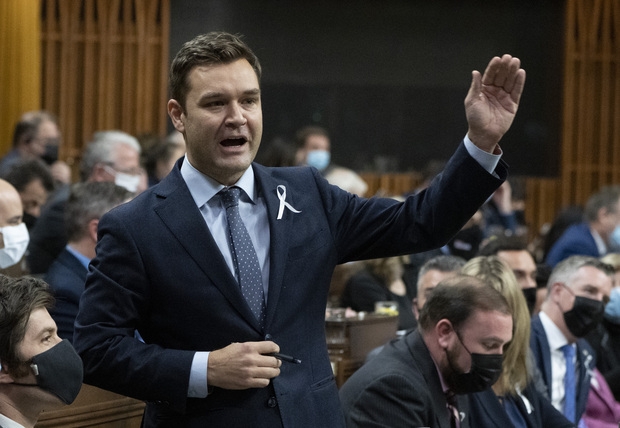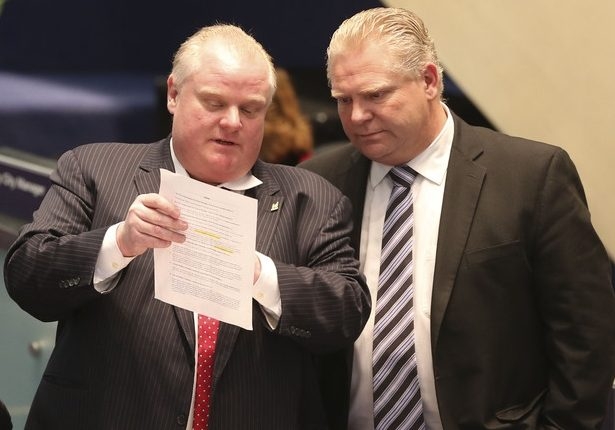Ottawa is consumed by a whirlwind of speculation, but not about the nation’s financial health. Instead, all eyes are on the shifting allegiances within the Conservative Party, a distraction from a far more pressing issue: Canada’s escalating debt.
Conservative MP Matt Jeneroux recently announced his resignation, sparking a frenzy of rumors about a potential jump to the Liberal party. While that particular scenario proved false, the intensity of the speculation revealed a heightened state of political alertness on Parliament Hill.
The situation spiraled to a bizarre point when a fabricated story – complete with a fictional riding and a character resembling a beloved TV personality – was mistaken for reality by some, including a former elected official. This incident underscores the current atmosphere of heightened sensitivity and rapid information dissemination.

Jeneroux himself cited a desire to prioritize family time as the reason for his departure. His wife, a surgeon, recently accepted a position in Victoria, prompting a move that ultimately led to his decision to leave federal politics. Those close to him suggest the announcement was accelerated by the surrounding speculation.
However, while political maneuvering dominates headlines, a serious warning has been issued regarding Canada’s economic trajectory. Fitch Ratings, a prominent international credit agency, has expressed concern over the country’s increasing debt and unchecked spending.
Fitch specifically highlighted “persistent fiscal expansion and a rising debt burden” as factors weakening Canada’s credit profile and potentially leading to future rating downgrades. This concern is compounded by “persistent economic underperformance,” a troubling indicator of deeper systemic issues.
The agency points to factors beyond recent tariff disputes, suggesting that Canada’s economic struggles stem from years of underinvestment and a regulatory environment that stifles growth. A core problem lies in consistently exceeding spending projections.
Despite promises of fiscal restraint, the current budget projects continued high levels of spending, failing to address the underlying issues. Fitch notes a historical pattern of upward deficit revisions, indicating a lack of commitment to responsible financial management.
The focus on internal party dynamics, while captivating, risks obscuring the critical need to address Canada’s economic vulnerabilities. Without a genuine commitment to controlling spending and fostering sustainable growth, the nation faces significant financial challenges.
The current situation demands a shift in focus, from political gamesmanship to serious economic reform. Ignoring the warnings of agencies like Fitch will only exacerbate the problems and jeopardize Canada’s future financial stability.





